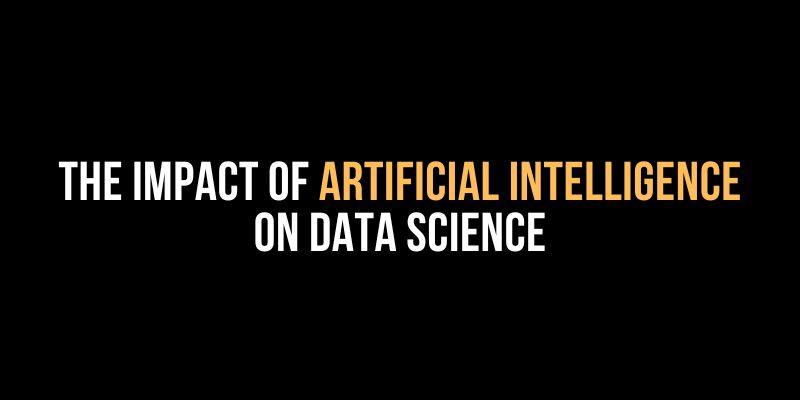
In today’s digital age, data science has emerged as a pivotal field with far-reaching implications across various industries. One of the driving forces behind the advancement of data science is Artificial Intelligence (AI). In this article, we delve into the role of Artificial Intelligence in shaping the landscape of data science. Nowadays, Artificial Intelligence is growing very fast, whereas the need for AI engineers is the same in the comprehensive AI industry.
FITA Academy has a crucial view of this industry for Training people about AI and assisting them till they get a job. Whether you live in Chennai or somewhere in India, you can avail of our Courses Online or Offline. Our Artificial Intelligence Course in Chennai would be a great fit for those who are chennai Livingston people.
Understanding the Synergy: AI and Data Science:
Artificial Intelligence and Data Science are two interrelated fields that complement each other seamlessly. AI, often referred to as machine intelligence, is the capability of machines to mimic human intelligence and perform tasks that typically require human intelligence, such as visual perception, speech recognition, decision-making, and language translation.
Data Science, on the other hand, is the process of extracting meaningful insights and knowledge from vast datasets. It involves data collection, data cleansing, data analysis, and the application of various algorithms to extract valuable information. The synergy between AI and data science lies in AI’s ability to enhance the efficiency and accuracy of data analysis.
Automating Data Analysis with AI:
One of the most significant contributions of AI to data science is automating the data analysis process. Traditional data analysis methods often required extensive manual effort, making it time-consuming and prone to errors. AI-driven tools and algorithms have revolutionized this process by swiftly processing enormous datasets and identifying patterns that may go unnoticed by human analysts.
Leveraging Machine Learning for Predictive Analytics:
Machine Learning, a subset of AI, plays a pivotal role in predictive analytics within data science. By training algorithms on historical data, machine learning models can make accurate predictions and recommendations. This has applications in various domains, including finance, healthcare, and e-commerce, where predicting future trends and customer behavior is invaluable.
Enhancing Data Security and Privacy:
As the volume of data generated continues to skyrocket, ensuring data security and privacy has become a paramount concern. AI-powered cybersecurity tools have the ability to identify and mitigate potential threats in real-time, bolstering data protection efforts. Moreover, AI can assist in compliance with data protection regulations by automating tasks such as data anonymization and access control.
Natural Language Processing for Unstructured Data:
Unstructured data, such as text and voice, presents unique challenges in data analysis. Natural Language Processing (NLP) is an AI branch that focuses on understanding and processing human language. In data science, NLP enables the extraction of valuable insights from text data, sentiment analysis, and chatbot interactions, revolutionizing customer feedback analysis and content optimisation. By taking our Artificial Intelligence Online Course, you will definitely feel very worthy and affordable too. So dont think very much about studying with us.
Driving Innovation Across Industries:
AI-driven data science has sparked innovation across a multitude of industries. From autonomous vehicles in the automotive sector to drug discovery in healthcare, AI’s transformative capabilities have revolutionized traditional practices. It has paved the way for data-driven decision-making, which has the potential to increase efficiency, reduce costs, and drive revenue growth.
Conclusion:
Artificial Intelligence is undeniably a driving force behind the evolution of data science. Its ability to automate data analysis, enhance data security, and drive innovation across industries makes it an indispensable tool in the field of data science. As AI continues to advance, we can expect even more profound impacts on how we collect, analyze, and leverage data to make informed decisions.